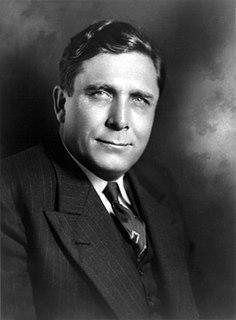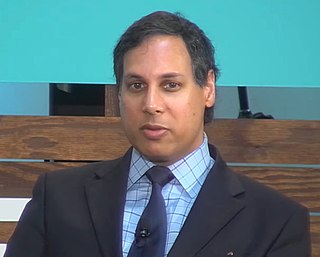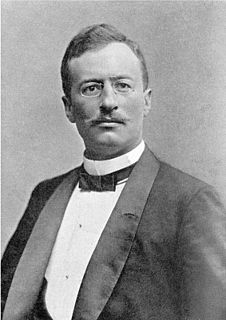A Quote by Doreen Massey
Incidentally, I don't think there is a non-adjectival 'globalisation'. What we have now is a particular form: dominated by finance and multinational corporations and by a rhetoric (though not a reality) of 'free trade' and market forces. So I'm not a localist. I'm an internationalist, but one who believes (a) that such a thing is really only possible through a prior grounding and (b) that the terms of our present globalisation have to be challenged politically.
Quote Topics
Related Quotes
We live in a time of global transformation. The power on Earth no longer lies with the forces of imperialistic globalisation, but with those groups who are now connecting with the forces of transformation. It is not terror and violence, but trust and solidarity which will lead the new world. This is not just a wishful dream, but the objective reality of the coming epoch.
This rhetoric that Donald Trump is used is very consistent with rhetoric he's used on the campaign trail for a long time now. He'll always say - and you look - you can look at the past transcripts of his old speeches. He'll always say, I'm in favor of trade; trade is great, but these deals - NAFTA, TPP, the South Korean Free Trade Agreement - are all terrible.
Corporations are a good thing. But corporations should not be running our government... They have driven the American economy since its founding, and the prosperity of our country is largely dependent on the free operation of corporations. But some corporations don't want free markets, and they don't want democracy. They want profits.
It is eminently possible to have a market-based economy that requires no such brutality and demands no such ideological purity. A free market in consumer products can coexist with free public health care, with public schools, with a large segment of the economy -- like a national oil company -- held in state hands. It's equally possible to require corporations to pay decent wages, to respect the right of workers to form unions, and for governments to tax and redistribute wealth so that the sharp inequalities that mark the corporatist state are reduced. Markets need not be fundamentalist.



























